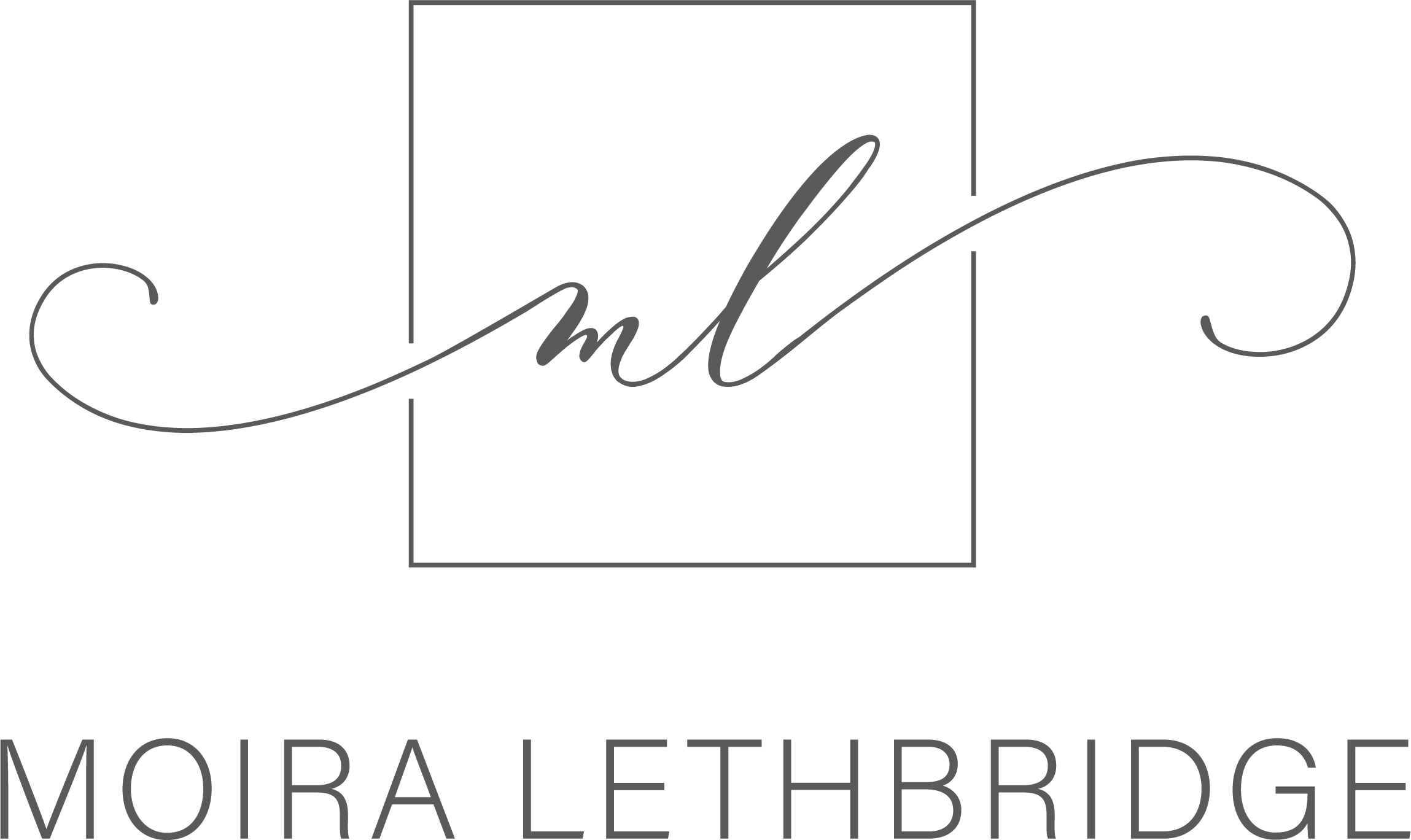As the year draws to a close, business leaders are often caught up in the hustle and bustle of year-end activities, from budget planning to performance reviews. However, amidst the chaos, it’s crucial for leaders to pause and engage in a practice that can significantly impact their personal and organizational effectiveness: reflection. The act of looking back with intention and conducting a year-end reflection can be a powerful tool for leaders and their teams. There are significant benefits of reflective leadership, backed by research, that make a compelling case for business leaders to prioritize this practice.
Reflection is more than just a trip down memory lane; it’s a deliberate and purposeful process of evaluating experiences, learning from them, and using those insights to make informed decisions going forward. This practice is particularly valuable for business leaders, who are often faced with complex challenges and fast-paced environments. Lethbridge & Associates works with executive leaders regularly walking through a proven “Look-back Intention” process that often becomes the primary catalyst for clarity and direction in specific business situations and for future planning. Here are some key benefits we observe through this process:
- Enhanced Decision-Making: Research has consistently shown that leaders who engage in regular reflection make better decisions. By reflecting on past choices and outcomes, leaders can gain valuable insights into their decision-making processes, identifying patterns and areas for improvement.
- Increased Self-Awareness: Reflective leaders have a deeper understanding of their strengths, weaknesses, and leadership style. This self-awareness is a key driver of leadership effectiveness, as leaders who know themselves well are better able to adapt their leadership approach to different situations. Leaders who practice self-reflection are more likely to develop a strong sense of authenticity, inspiring trust and loyalty among team members.
- Team Development: Reflective leaders are better positioned to foster a culture of learning and growth within their teams. When leaders model a commitment to continuous improvement through reflection, it sets the tone for the entire organization. Leaders who actively seek feedback and reflect on their leadership are found to be more likely to create a positive and adaptive team culture.
- Adaptability and Innovation: In today’s rapidly changing business landscape, adaptability and innovation are essential. Reflective leaders are more adept at learning from both successes and failures, which allows them to adapt to new challenges and drive innovation within their organizations. The ability to pivot and embrace change is a hallmark of successful leadership, and reflection serves as a catalyst for this adaptive mindset.
Now that the case for reflective leadership has been established, here are some practical steps business leaders can take to conduct a meaningful year-end reflection for themselves, their teams, and their organizations. If you would like a guide to help you and your team through this process, let’s talk.
- Personal Reflection: Find time for yourself, and encourage your team members, to set aside dedicated time for personal reflection. This could involve reviewing goals and achievements for the year, considering areas for improvement, and acknowledging the lessons learned. Tools such as journaling or guided reflection exercises can be invaluable in this process.
- Team Feedback Sessions: Facilitate open and honest discussions within teams. Create a safe space for team members to share their reflections on the year, highlighting successes and identifying areas for improvement. This collaborative reflection fosters a sense of collective accountability and strengthens team cohesion. Lethbridge & Associates can customize a look-back workshop specific to the needs of your team and organization.
- Organizational Assessment: Extend the reflection process to the organizational level. Evaluate the alignment of organizational goals with actual outcomes, assess the effectiveness of key initiatives, and identify areas for strategic improvement. This macro-level reflection sets the stage for informed decision-making in the coming year.
- Learning and Development Planning: Use the insights gained from reflection to inform learning and development plans. Identify skill gaps, leadership competencies to strengthen, and areas for targeted training. This proactive approach ensures that leaders and their teams are well-equipped to face future challenges. Visit moiralethbridge.com for a list of leadership development workshops.
- Communication of Insights: Encourage leaders to communicate their reflections and insights transparently with their teams. This not only fosters a culture of openness but also demonstrates the leader’s commitment to continuous improvement. Shared reflections can inspire and motivate team members to engage in their own reflective practices.
As the business world becomes increasingly dynamic and unpredictable, the need for effective leadership has never been more critical. Reflective leadership, grounded in intentional lookback and year-end reflection, is a proven pathway to enhanced decision-making, increased self-awareness, team development, and organizational adaptability.
Business leaders who prioritize reflection are not only better equipped to navigate the complexities of leadership but also play a pivotal role in shaping a resilient and innovative organizational culture. As we approach the end 2023, let this be a call to action for leaders to embrace the power of reflection, not just as a year-end ritual but as an ongoing practice that propels personal and organizational success.





